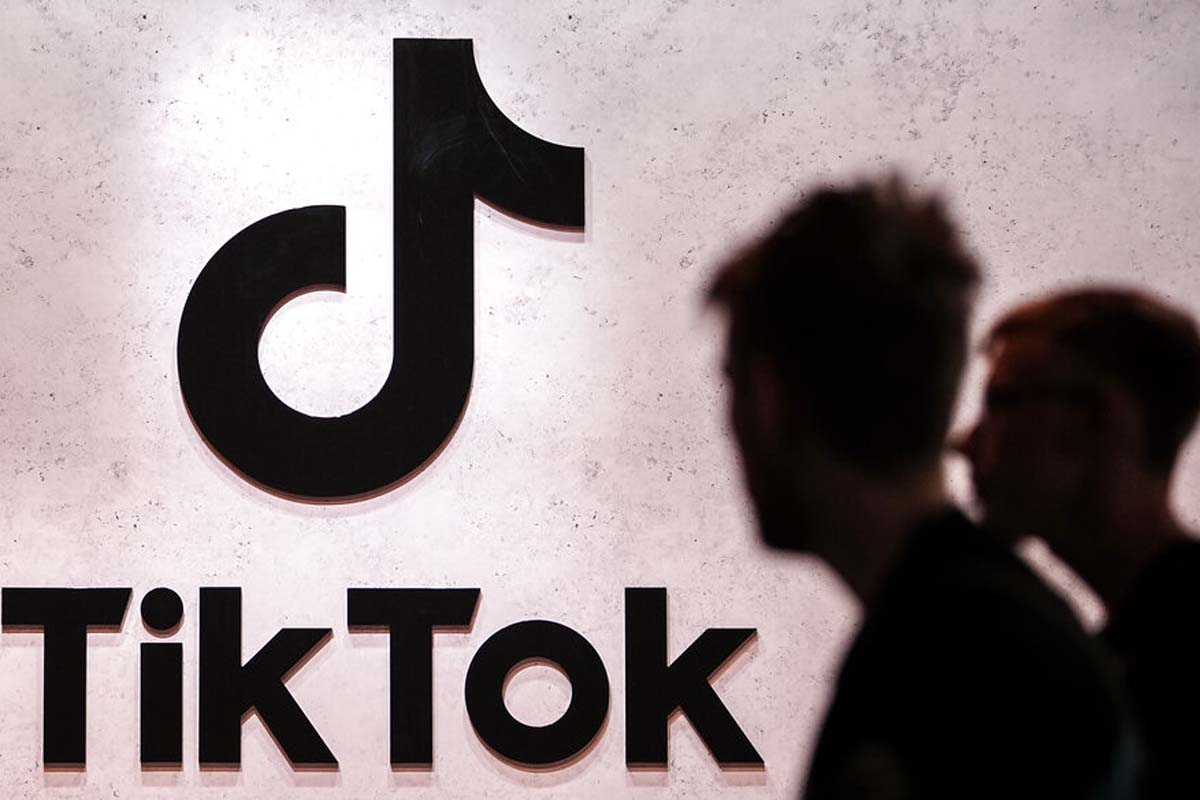Appeals Court Upholds Law Targeting TikTok: A Deep Dive into Social Media Regulation
In a landmark decision, an appeals court has ruled to uphold a controversial law that threatens to ban TikTok from operating in the United States. This ruling not only raises significant questions about the legal framework surrounding social media regulation but also spotlights broader concerns regarding user privacy, data security, and the implications for the social media landscape as a whole. As the debates around digital privacy intensify, the court’s decision underscores the complexities of governing platforms that have become an integral part of daily life for millions of Americans.
The Legal Landscape of TikTok in the U.S.
The law in question stems from growing concerns over TikTok’s ownership by the Chinese company ByteDance. U.S. officials have expressed fears that the app could potentially allow the Chinese government access to sensitive user data, leading to national security risks. This apprehension has catalyzed legislative efforts aimed at regulating, or outright banning, TikTok within U.S. borders.
The appeals court’s ruling is significant in several ways:
- Legal Precedent: The decision sets a precedent for how courts may handle similar cases in the future, particularly those involving foreign-owned apps and their compliance with U.S. laws.
- User Impact: A ban could drastically affect the millions of American users who rely on TikTok for entertainment, social interaction, and even business opportunities.
- Market Dynamics: This ruling could pave the way for changes in the competitive landscape of social media, potentially benefiting rival platforms while stifling TikTok’s growth.
The Broader Implications of Social Media Regulation
The ruling against TikTok is part of a larger trend where governments worldwide are grappling with the implications of social media on privacy and national security. As social media platforms continue to evolve, so too do the challenges associated with regulating them. Here are a few key implications to consider:
1. Privacy Concerns
At the heart of the TikTok controversy is the issue of user privacy. The app collects vast amounts of data, including location information and browsing habits. Critics argue that this data could be misused if it falls into the wrong hands. The ruling highlights the urgent need for comprehensive data protection laws that safeguard user information across all social media platforms:
- How can users ensure their data is protected?
- What measures can be implemented to enhance transparency about data collection practices?
2. The Role of Government in Regulating Tech
The decision raises questions about the extent to which government should intervene in technology and social media. While some argue that regulation is necessary to protect citizens, others contend that such actions may infringe on free speech and innovation. This dichotomy presents a significant challenge for lawmakers:
- Where is the line between regulation and censorship?
- How can governments balance national security concerns with the rights of citizens to use popular platforms freely?
3. The Future of Social Media Platforms
If TikTok were to be banned in the U.S., the repercussions could ripple across the entire social media ecosystem. Other platforms may face increased scrutiny, and companies could be compelled to alter their data practices to avoid similar fates. This could lead to:
- A shift in user behavior towards other platforms, like Instagram or Snapchat.
- Increased investment in platforms that prioritize user data protection and transparency.
Expert Opinions and Industry Reactions
The legal ruling has drawn mixed reactions from experts and industry leaders. Some view the decision as a necessary step toward ensuring user privacy and national security, while others argue it could set a dangerous precedent for government overreach into the tech industry.
Tech analyst Jane Doe notes, “This decision could create a chilling effect on innovation and could lead to more companies pulling their services from the U.S. market due to fear of regulatory backlash.”
Conversely, cybersecurity expert John Smith asserts, “The risks associated with foreign-owned apps are real, and it is prudent for the U.S. to take a strong stance to protect its citizens.”
What Lies Ahead for TikTok and Its Users
As the legal battle continues, the future of TikTok in the U.S. remains uncertain. Several scenarios could unfold:
- Legal Appeals: TikTok may continue to challenge the ruling in higher courts, potentially leading to a Supreme Court decision that could redefine the legal landscape for social media regulation.
- Legislative Changes: The ruling may prompt Congress to consider comprehensive legislation aimed at data privacy and security, impacting not just TikTok but all social media platforms.
- User Mobilization: Users may band together to advocate for their rights, pushing back against perceived overreach and demanding greater transparency and accountability from platforms.
Conclusion: Navigating a New Era of Social Media
The appeals court’s decision to uphold the law targeting TikTok signals a new chapter in the ongoing debate over social media regulation. As lawmakers, tech companies, and users grapple with the implications of this ruling, it becomes increasingly clear that the intersection of technology, privacy, and national security will require careful navigation.
The stakes are high, not just for TikTok but for all social media users who rely on these platforms for connection, creativity, and community. As this legal battle unfolds, it will be crucial for all stakeholders to engage in constructive dialogue that prioritizes user rights while addressing legitimate concerns regarding privacy and security.
Ultimately, the court’s ruling serves as a reminder that in a rapidly changing digital landscape, the need for clear, balanced, and effective regulation is more important than ever.
See more Future Tech Daily

